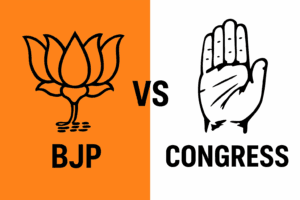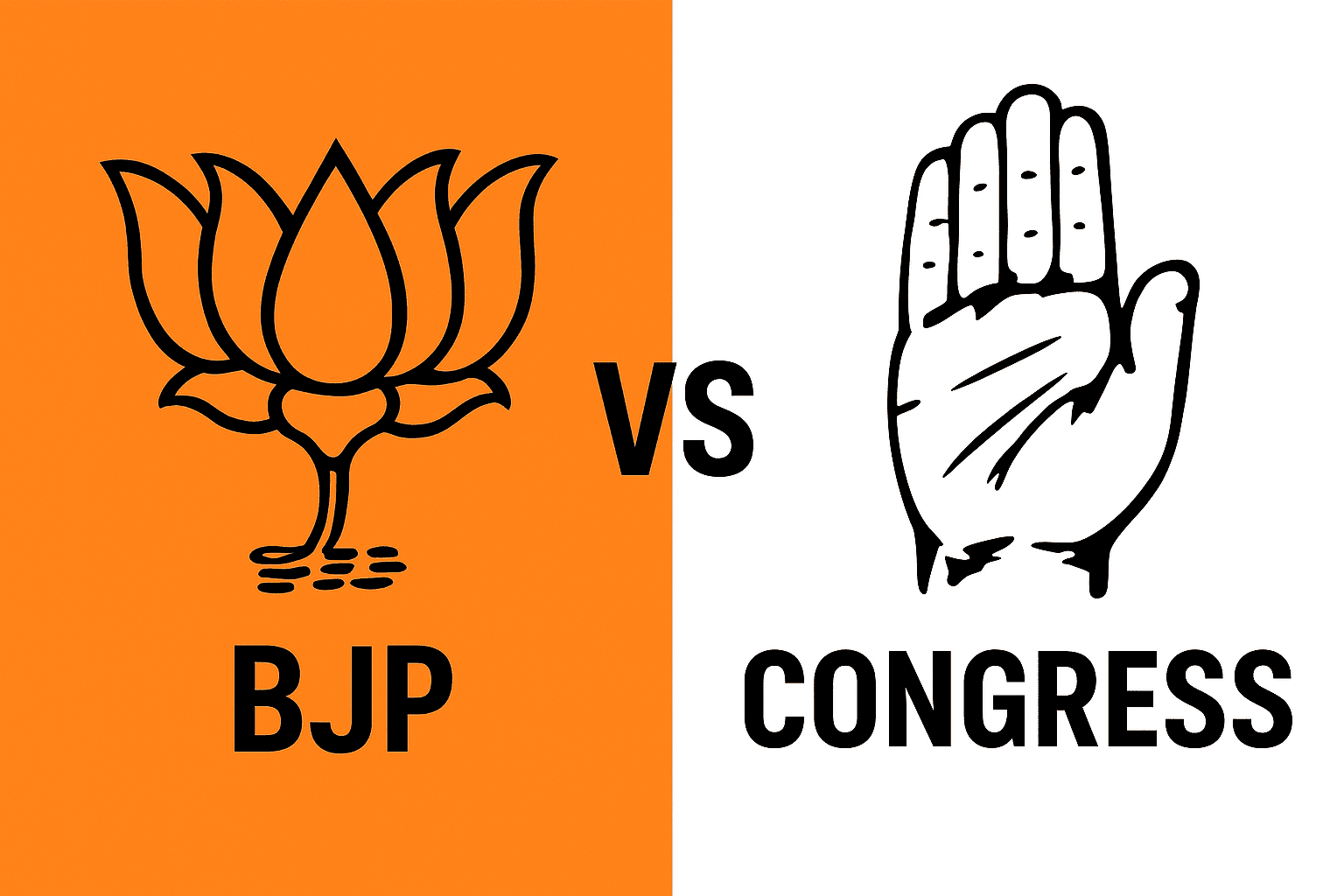Everyday commutes through crowded buses or trains are a familiar part of growing up in India, especially for teenagers. But for young women, these journeys often carry more than just the expected hustle and bustle they come with an undercurrent of discomfort that most never openly discuss. A recent Reddit thread on r/IndianTeenagers, titled “Is it true girls?”, sparked a revealing conversation around this topic, bringing to light challenges that girls regularly face while traveling.
The Uncomfortable Stares: A Shared Experience
In the thread, users overwhelmingly agreed that young men are rarely the source of discomfort during travel. It’s the older men often called “uncles” whose stares and behavior frequently cross boundaries. Girls recounted countless instances where they felt scrutinized, objectified, or simply unsafe because of leering or inappropriate gestures from older co-passengers. This discomfort often leads women to choose their seats carefully, sometimes actively avoiding sitting near older men to minimize the chances of an awkward or threatening encounter.
Teenage Boys: Conscious of Boundaries
Interestingly, teenage boys in the conversation expressed their own anxieties about the situation. Many said they go out of their way to ensure their female co-passengers don’t feel uneasy, sometimes to the point of overcompensating for fear of being misunderstood. Some joked about feeling more nervous than the women themselves, highlighting a heightened sense of self-awareness and empathy.
Generational Gaps and Societal Attitudes
The Reddit discussion also delved into possible reasons for this behavior. Users pointed to deep-seated generational differences and a lack of civic sense among older men. While some acknowledged that a few older men behave with fatherly respect towards younger women, these are seen as exceptions. The consensus is that inappropriate conduct from this demographic is all too common, and is further perpetuated by societal attitudes that excuse or ignore such actions.
Coping Strategies and Solidarity
Throughout the thread, there was a sense of solidarity among teenage girls, with many sharing personal strategies for coping with discomfort such as carrying safety pins, earphones, or simply ignoring unwanted attention. There was also sincere camaraderie between boys and girls, with both groups supporting each other and expressing frustration at the persistent problem.
Final words
The “Is it true girls?” discussion highlights a reality that’s often swept under the rug. For many Indian teenage girls, public transport is not just about getting from point A to point B. It’s another place where they must stay alert, strategize their moves, and manage discomfort emanating mainly from a particular segment of society older men. While younger men today may be more mindful, the enduring challenge points to the need for greater societal awareness, education, and empathy. Only then can public spaces feel truly safe and inclusive for everyone.











